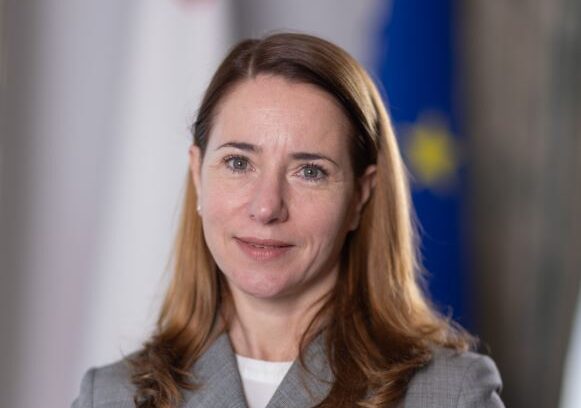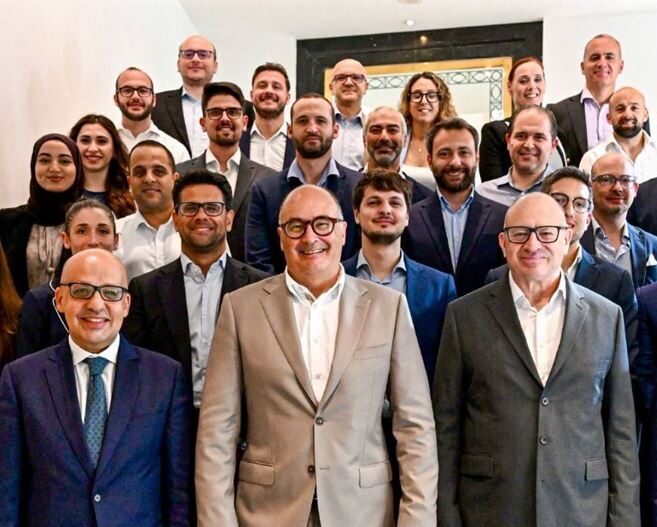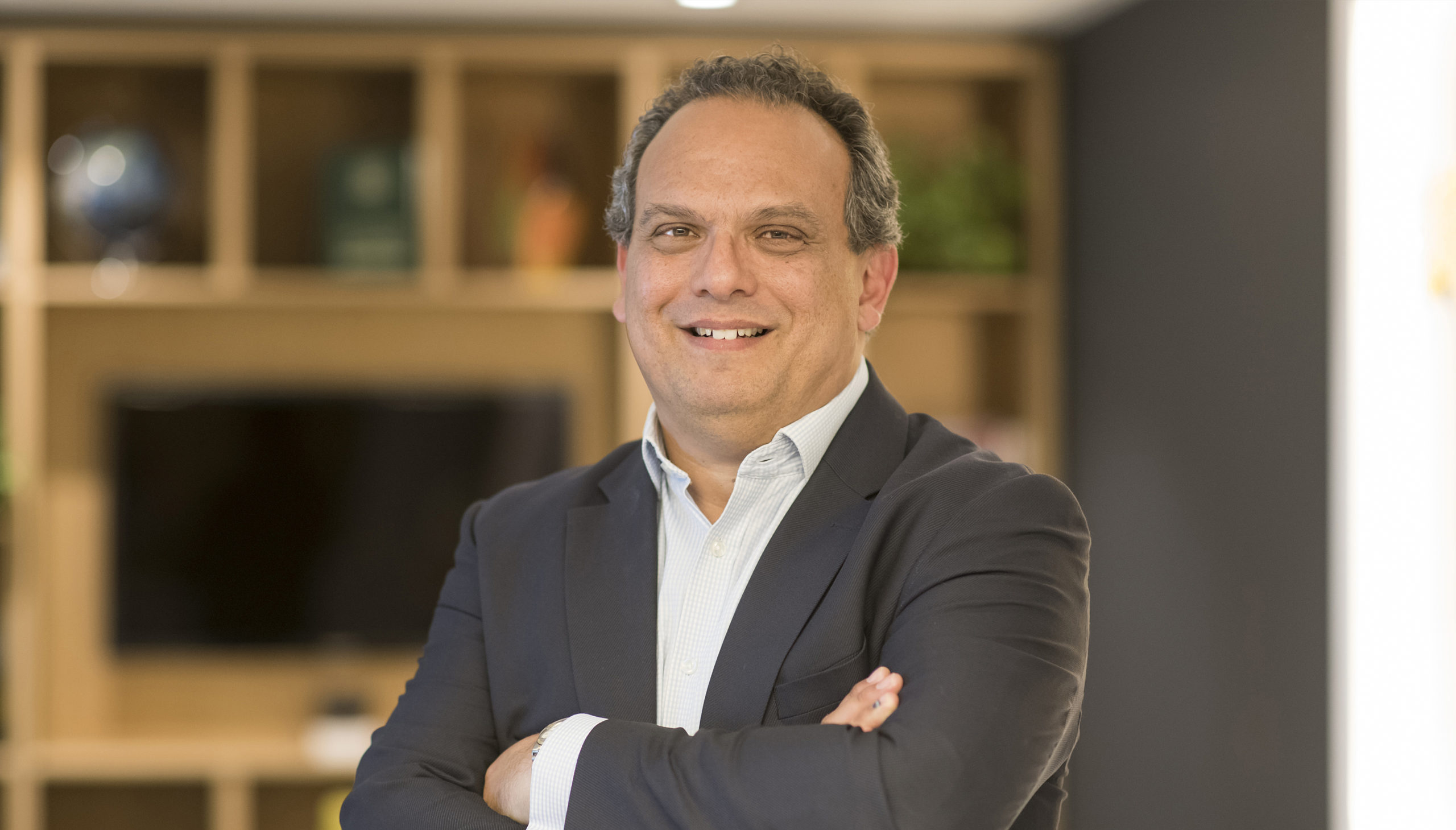The golden age of remote work seems to be coming to an end … or is it?
Over the past few months, a number of companies across the world have ordered their employees to return to the office. These include tech giants X (formerly Twitter), Google, Amazon and Zoom, which have all shifted their policies in favour of a return to the office.
This has been met by mixed reactions from employees, with many getting accustomed to the flexibility and comfort that hybrid and remote work arrangements present.
Unlike many business leaders, Drew Houston, CEO of software giant Dropbox, has grown fond of the hybrid model, and in an interview with Fortune on Sunday, he questioned why others haven’t yet joined him in advocating for a virtual-first model.

Mr Houston co-founded Dropbox with Arash Ferdowsi in 2007, and he now serves as CEO and owns 25 per cent of the company. Dropbox is a file hosting service that is headquartered in San Francisco, California in the United States. It offers cloud storage, file synchronisation, personal cloud, and client software services.
During the interview, Mr Houston explained that the company is still emphasising the need for a predominantly remote work culture, based on its 90/10 rule. Through the rule, which the company adopted in 2021, 90 per cent of the year is spent on remote work, while the remaining 10 per cent is dedicated to a few employee off-sites.
Through this arrangement, he and the rest of Dropbox’s leadership team have found that this balance provides the highly called upon cultural connect and brainstorming time that many pro-office leaders insist upon, without tiring workers with their daily commute or needless hours in conference rooms.
Mr Houston said that the key factor is that when employees are in person, they know that they are personally deciding to do so, rather than being forced.
Additionally, the company is also advocating for flexible work hours, with all meetings being required to focus on discussion, debate or decision making, also known as the “three Ds”. Such meetings can also only be held between noon and 4pm.
Flexible working arrangements are not only beneficial for employee satisfaction, but they have also become essential for recruitment. Companies that offer opportunities for such flexibility have become much more sought after than ones that do not.
Mr Houston said that remote hiring has become a “huge superpower” for Dropbox, and it has various people who only meet their coworkers physically for the first time during the off-site events.
“Turning Dropbox into this lab for the future of distributed work has been awesome,” he said, before adding: “It’s a working model we’ve been able to build a few years in the future, and stub our toes on problems and then design this whole portfolio.”
Undoubtedly, a virtual-first workplace will have its negatives, as those individuals who prefer working at the office will end up suffering, leading to possible layoffs.
Such a working arrangement does not work for every employer or employee, and businesses are still conflicted over which approach is best to take for the benefit of everyone. Remote work diminishes physical interactions between colleagues and teams, but at the same time, it also provides employees with more time for their families, hobbies, and other personal endeavours.
The effectiveness of working from home differs from one individual to another, depending on what one prioritises the most.
Alison Micallef appointed CEO at Malta Development Bank
She steps into the new role effective immediately.
Impact beyond profit: CSR in Malta is a must in 2025
Nowadays, corporate social responsibility can no longer take a backseat in your business's vision.
Malta’s private equity sector urged to seize opportunities at high-level CEO seminar
Panellists highlighted Malta’s potential as a destination for private capital, citing its English-speaking workforce, regulatory accessibility, and strategic location.
Ronald Attard takes on expanded role as Managing Partner for Risk Management at EY Europe Central
He has built experience in management accounting, corporate finance, and mergers and acquisitions.









